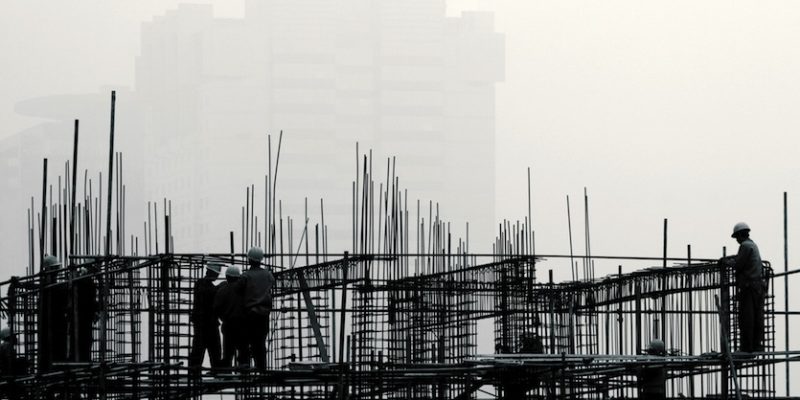April Fisher
Burlington Free Press
Jan. 19. 2022
Burlington construction workers have won new wage regulations.
The city of Burlington passed an ordinance update Jan. 10 that requires all city-funded construction projects that cost more than $100,000 to be carried out by workers who are paid at or above Vermont’s prevailing wage.
The state prevailing wage for construction workers ranges from $14.48 to $41.44 per hour, depending on the specialization of labor. The state minimum wage is $12.55 per hour.
The new amendment is an addition to Burlington’s “Responsible Contractor” ordinance, which also requires city construction contractors to provide workers’ compensation insurance, have a responsible company safety program, and meet related standards.
The amendment was passed unanimously by the City Council after months of pressure from labor union alliances including the Vermont Building and Construction Trades Council and Vermont State Labor Council, AFL-CIO.
“Ordinances such as these have been adopted throughout the country and have proved to be effective in protecting taxpayers dollars, ensuring the public only pays for quality construction projects that simultaneously stimulate our local economy,” said Vermont AFL-CIO president David Van Deusen.




